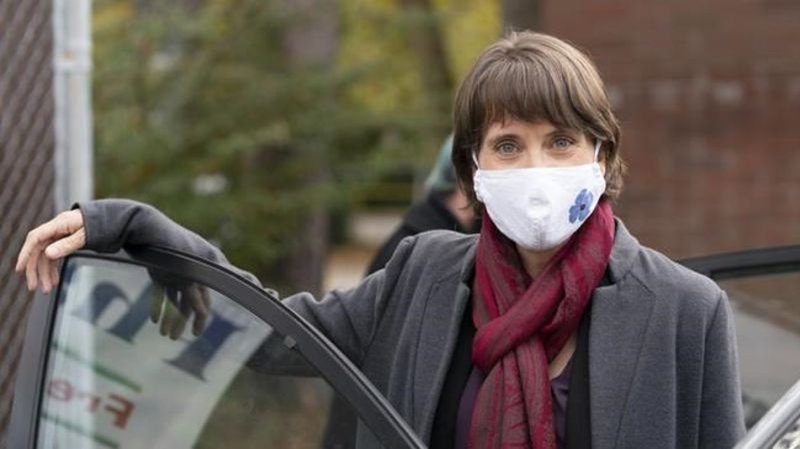
B.C. Green leader hopes voters see value in minority government
VANCOUVER — The leader of the B.C. Green party is betting on a legislature in which one party doesn’t hold all the power in the final days of a snap election campaign that began a week after her leadership victory.
After supporting the NDP in a minority government, Sonia Furstenau said she is driven by “a sense of purpose that we did improve governance and politics in British Columbia by having Greens in the legislature.”
The election in 2017 brought the Green party power it had not previously enjoyed after its three-member caucus struck a deal with the NDP.
Furstenau, 50, points to the Greens’ role in policy-making over the last 3 1/2 years, from a ban on corporate and union donations to the fair wages commission to the CleanBC plan and work to protect wild salmon.

